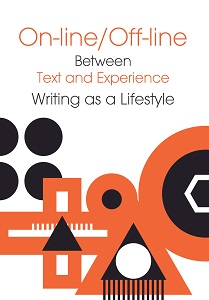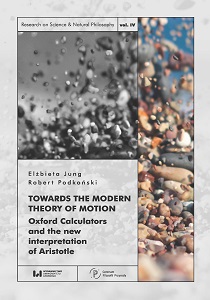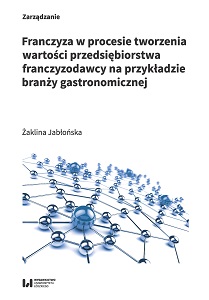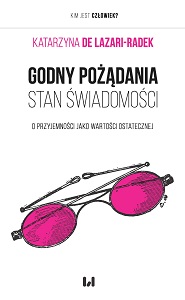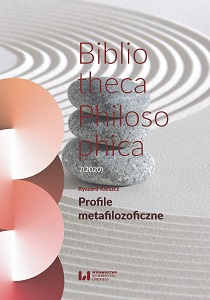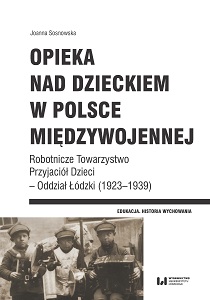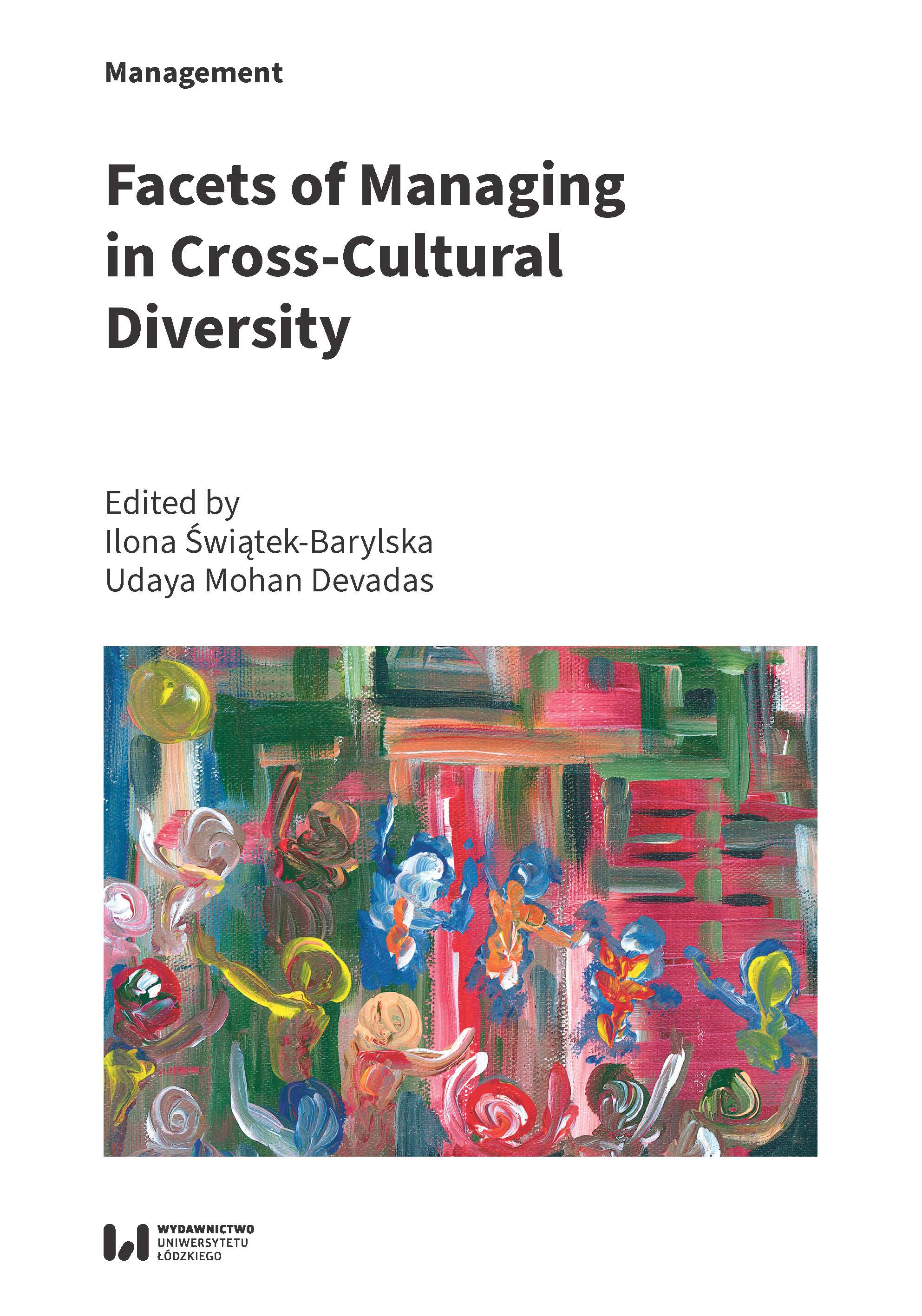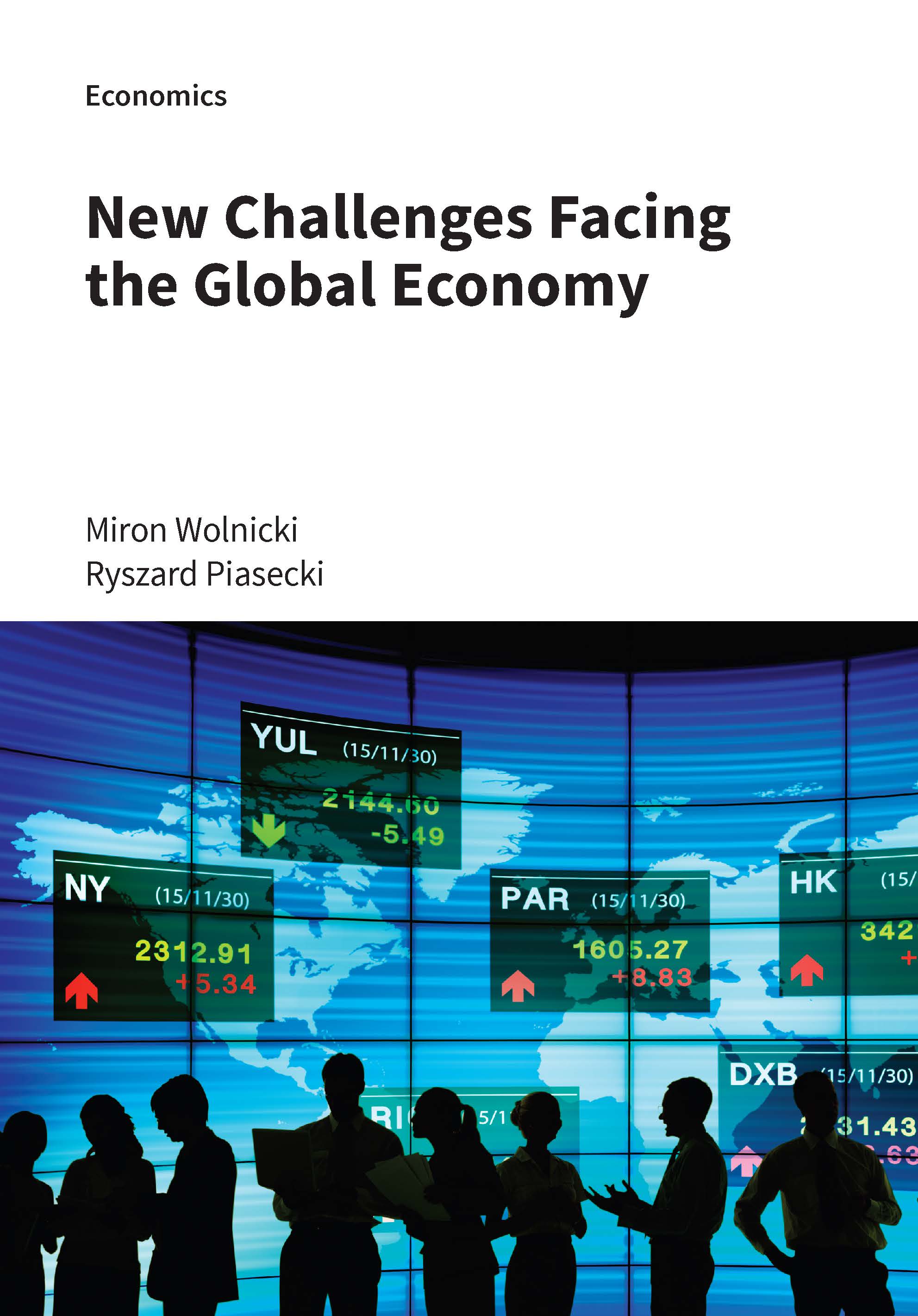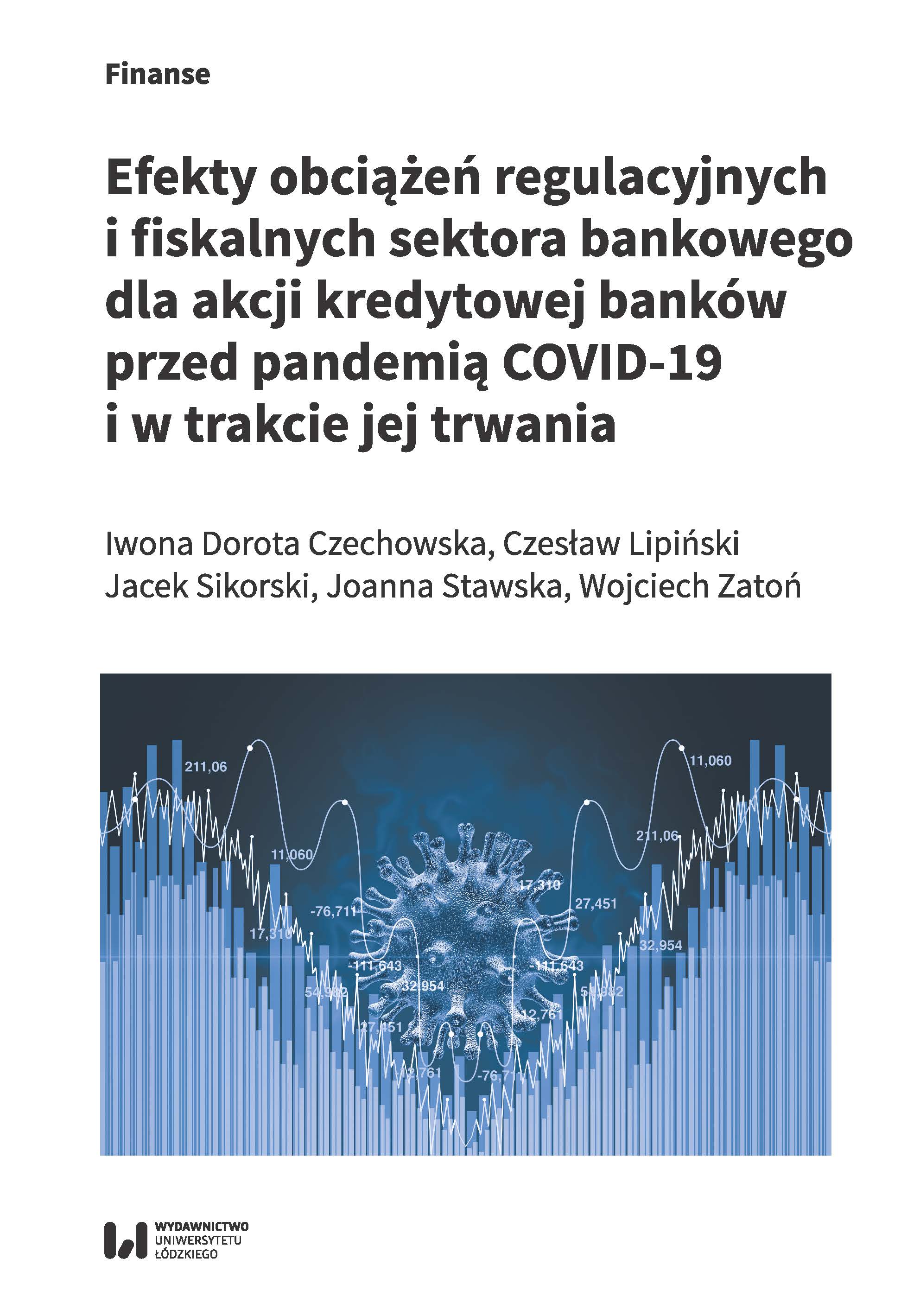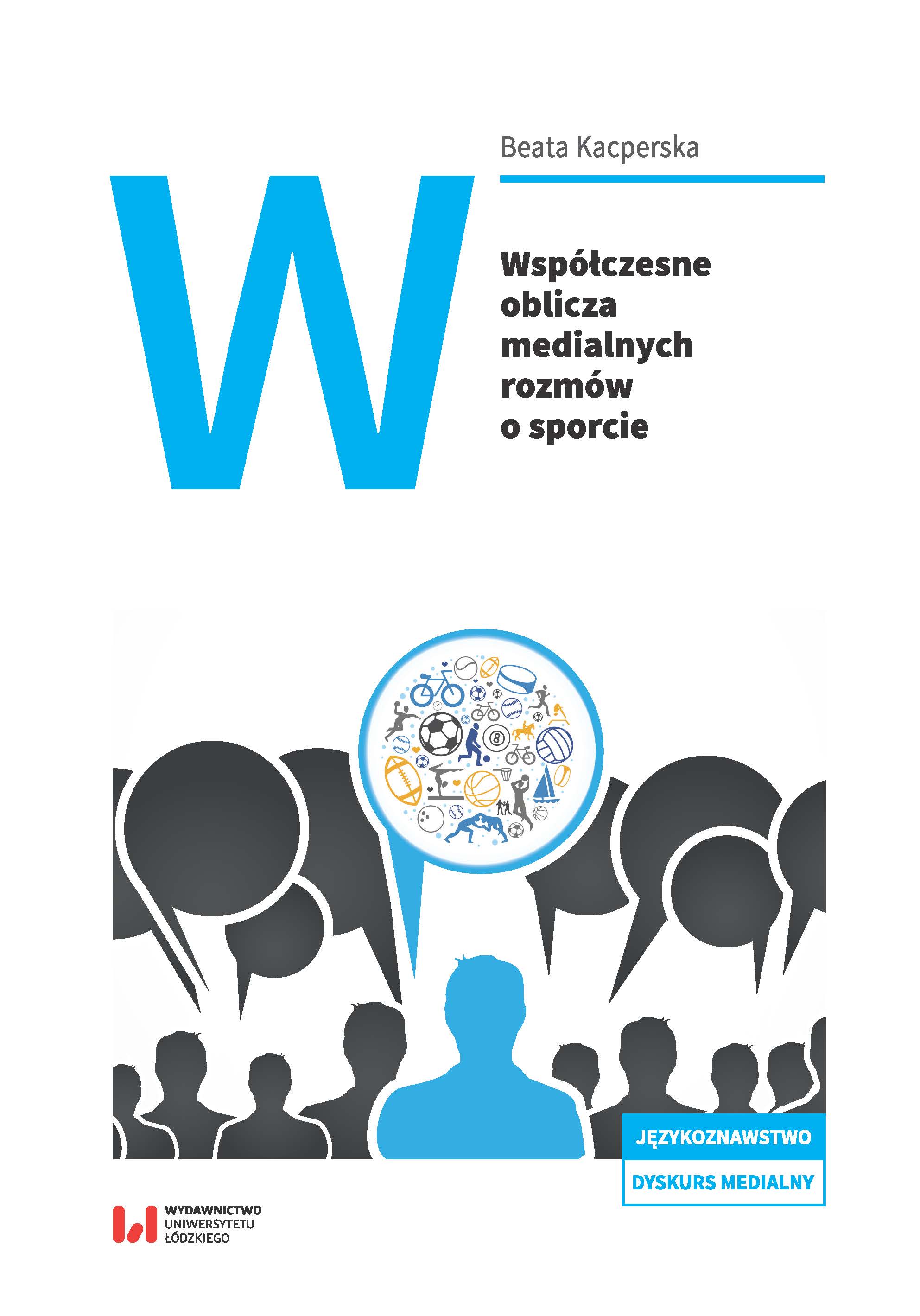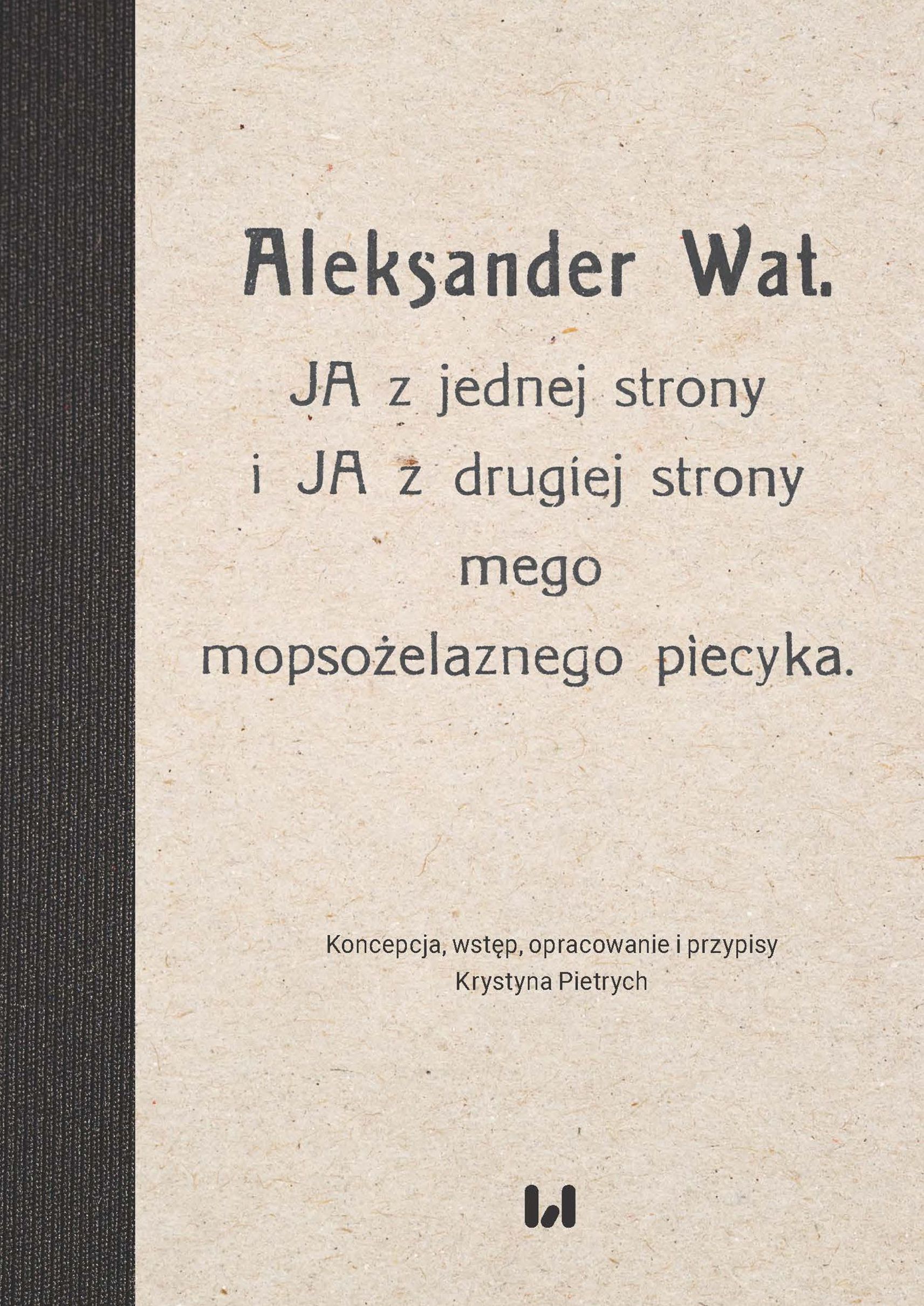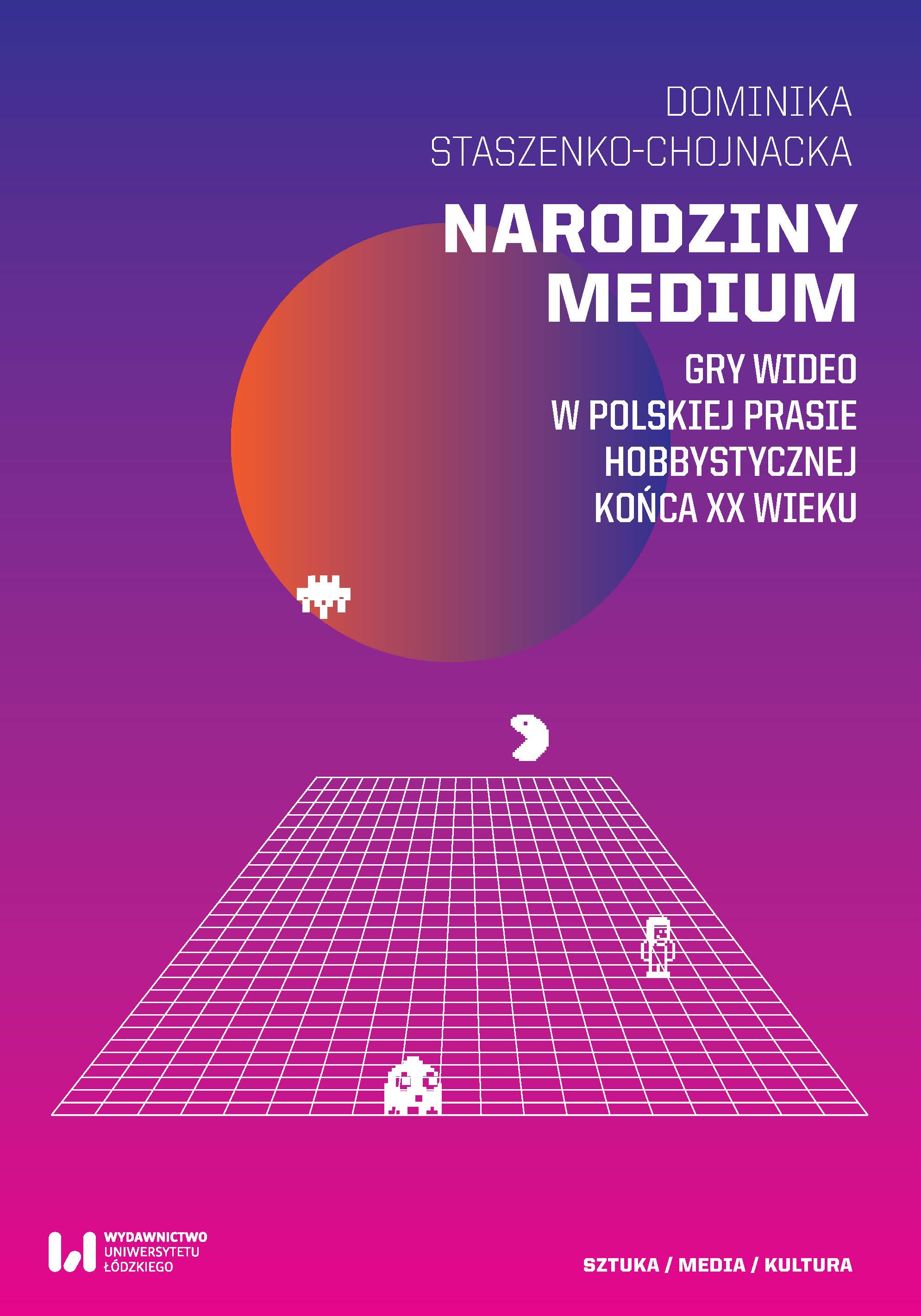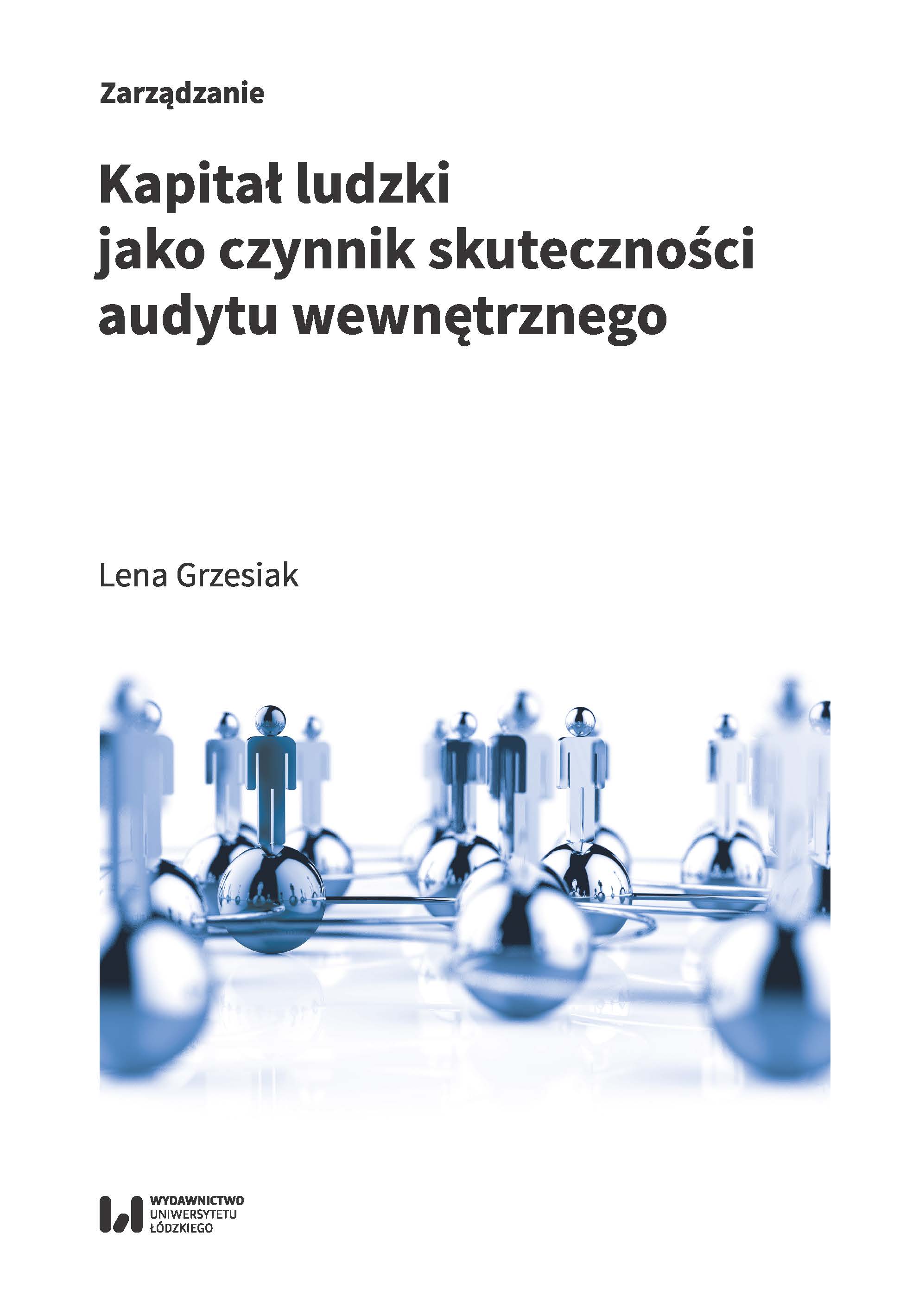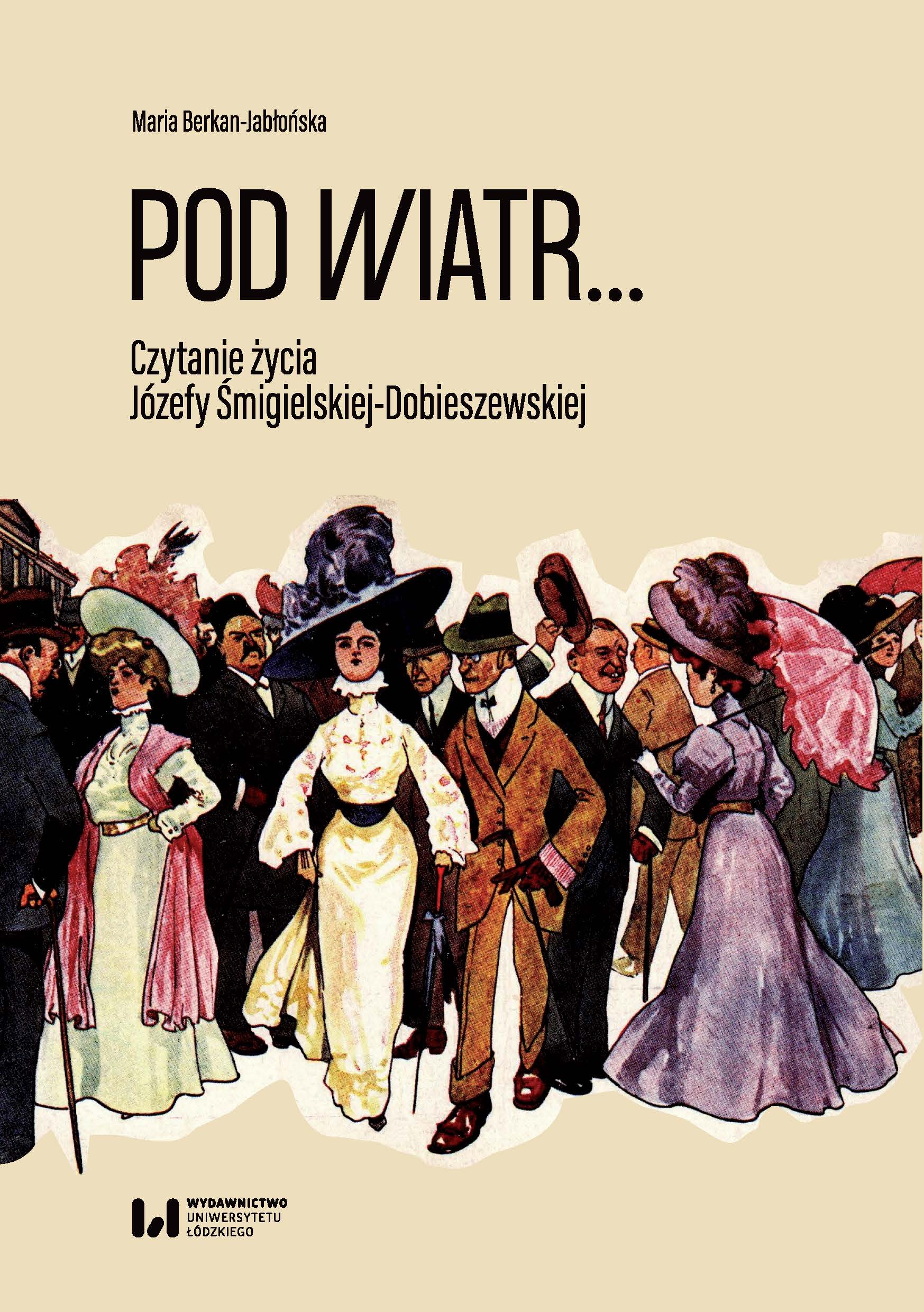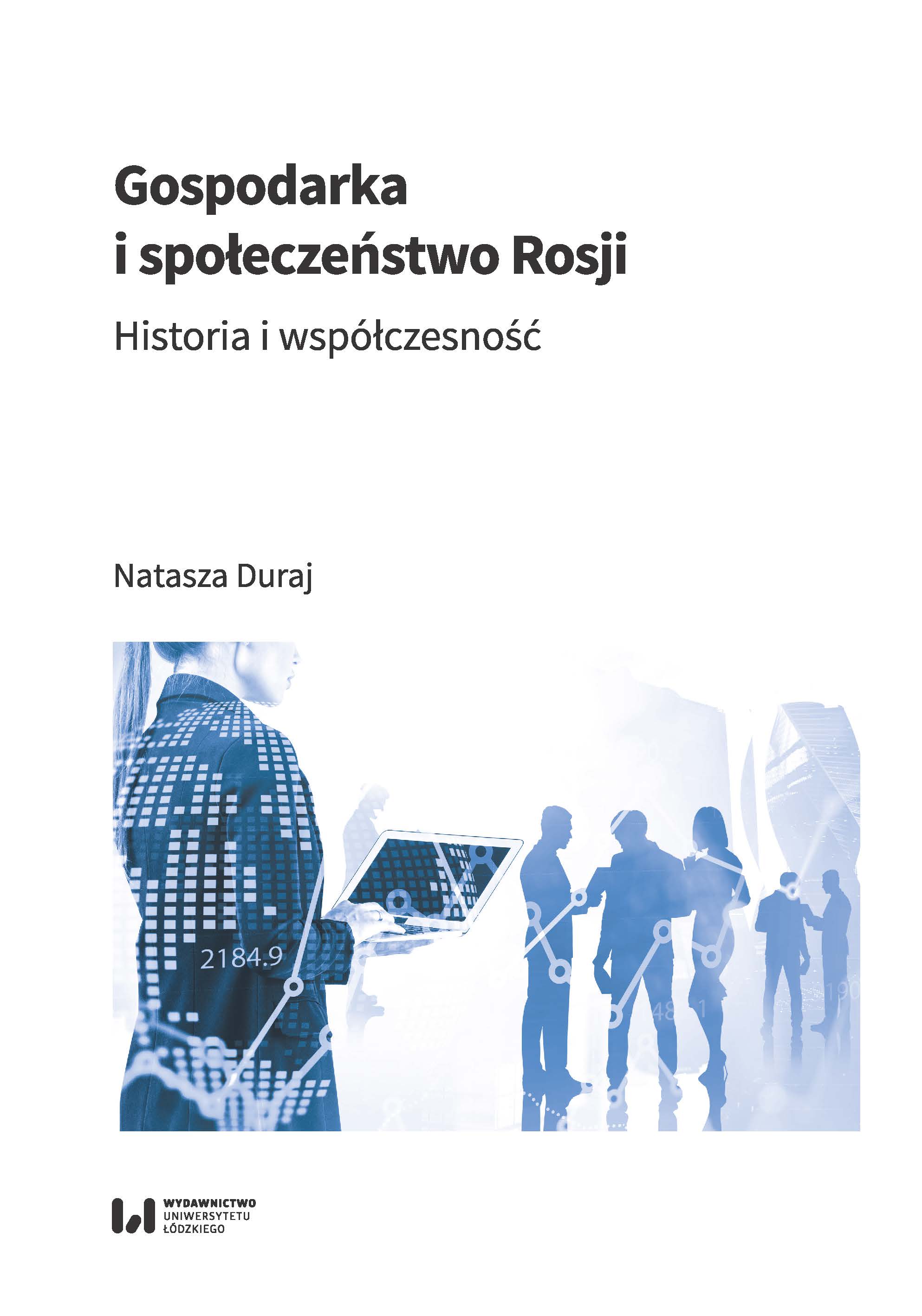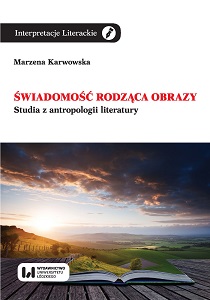
“The Imagining Consciousness”. Studies in the Anthropology of Literature
Świadomość rodząca obrazy. Studia z antropologii literatury
Keywords: Gilbert Durand;Gaston Bachelard;Bolesław Leśmian;Stanisław Przybyszewski;Miron Białoszewski;Ksawery Pruszyński;myth;symbol;anthropology of literature;anthropological structures of imagination;20th-century Polish literature
Gilbert Durand, a French anthropologist of imagination and co-founder of the world’s first Centre for Research into the Imaginary (Centre de Recherche sur l’Imaginaire – CRI), established in 1966 at the University of Grenoble, is known primarily as the author of the work Les structures anthropologiques de l’imaginaire, first published in 1960. Academic interest in the theory of anthropological structures of imagination has been evidenced by theeleven reissues of the book in France, its translation into four foreign languages (Spanish, Italian, Romanian and English), and the creation of almost fifty Centres for Research into the Imaginary, which remain in cooperation with the parent centre in Grenoble and serve to creatively develop Durand's methodology. Research in this field has evolved dynamically and is the core focus of the hermeneutic school known as imaginaire, founded by Gaston Bachelard and developed by Gilbert Durand and his successors (the so-called School of Grenoble). This is referred to in the history of the humanities as the Great Change or New Anthropology.Gilbert Durand essays to describe man’s symbolic universe by extracting universal and timeless symbolic forms. He tries, by studying the transformation of images, to uncover the sources of imagination – eternally recurring elements which transcend both time and cultural differences. This study is also an attempt at an anthropological reading of a selection of the 20th-century Polish literary texts, all of which have already been interpreted by researchers on numerous occasions. Gaston Bachelard's theory of the intercultural “unity of imagination” and Gilbert Durand’s theory of the anthropological structures of imagination as well as his concept of cultural pluralism allow the artist to be seen as an imaginary phenomenon, the Dreaming Cogito, the Imagining Consciousness. The study contained in this monograph is intended to show, on the basis of the selected artistic texts, the interpretative potential of Bachelard-Durandian anthropology when applied to the hermeneutics of literary work.
More...

